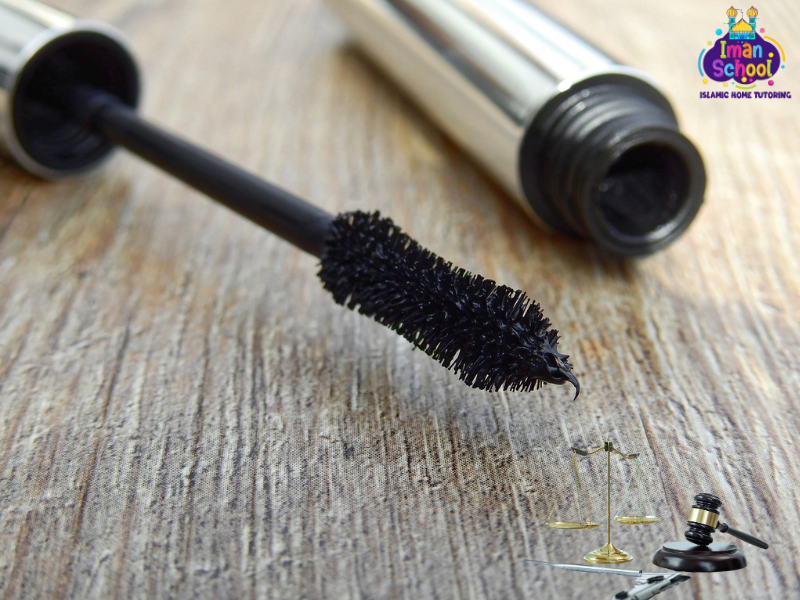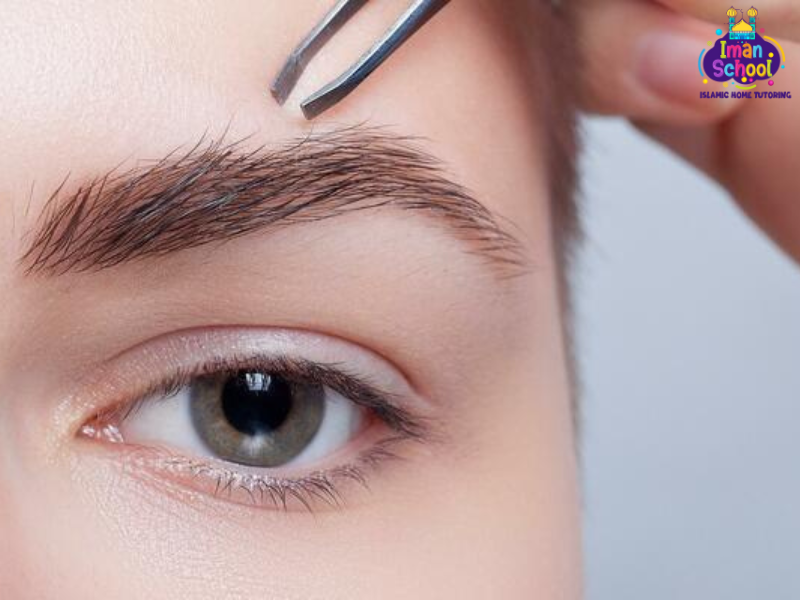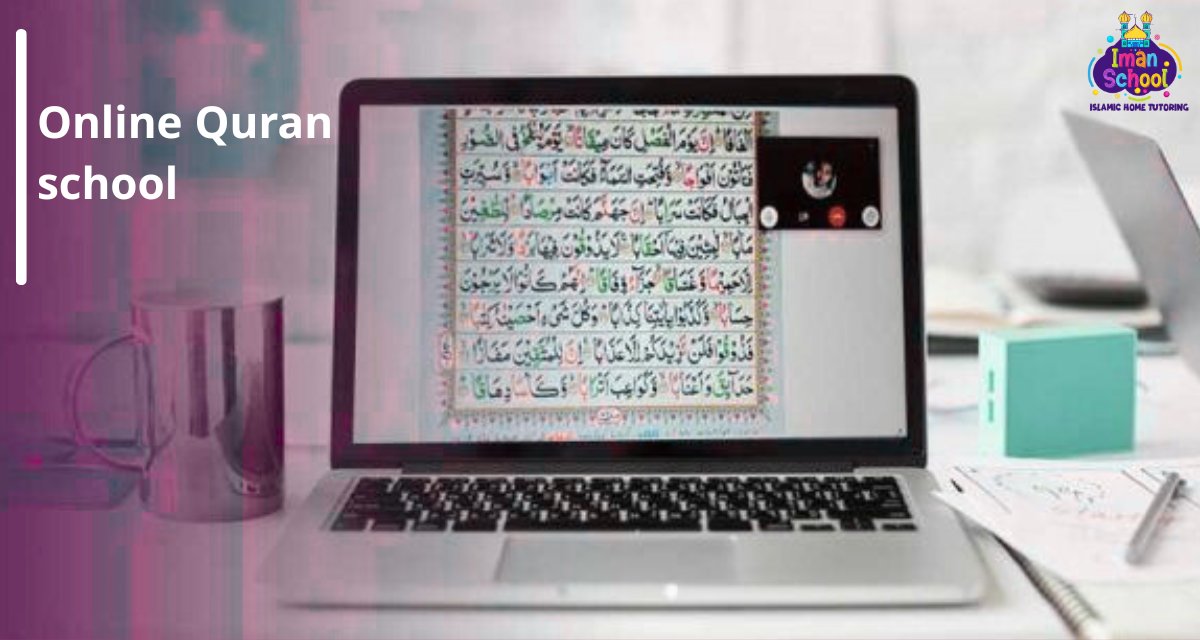The topic of beautification in Islam is both vast and nuanced, and one of the most frequently asked questions, particularly among Muslim women, concerns the Islamic ruling on eyebrows. The practice of plucking, shaping, or modifying eyebrows is a common part of modern grooming, leading many to question its permissibility in light of Islamic teachings.
This article will provide a detailed, balanced, and comprehensive guide to the Islamic ruling on eyebrows, exploring the foundational Hadith, scholarly interpretations, and the various nuances that exist within Islamic jurisprudence. We will address key questions such as "Is it haram to pluck eyebrows in Islam?" and "What is the Islamic ruling on shaping eyebrows?" to provide clarity on this important matter.
The Foundational Hadith
The primary source for the Islamic ruling on eyebrows is a well-known Hadith narrated in Sahih Al-Bukhari and Sahih Muslim. The Prophet Muhammad (peace be upon him) is reported to have cursed "the women who pluck eyebrows (al-Nāmisāt) and those for whom this is done (al-Mutanammisāt), and the women who file their teeth for beauty, altering the creation of Allah."
This Hadith forms the basis of the prohibition. The term "Nams" (النمص) specifically refers to the plucking of eyebrow hair. The curse mentioned in the Hadith indicates that this is a major sin. The core issue, as highlighted in the Hadith, is "changing Allah's creation eyebrows" (taghyir khalq Allah), which is considered an act of defiance against the Creator.
Discover More: Human Rights in Islam
Understanding the Prohibition (The Main Ruling)
Based on the foundational Hadith, the consensus among the majority of scholars from the four main schools of thought is that plucking eyebrow hair is forbidden (Haram). This is the straightforward answer to the question, "Is it haram to pluck eyebrows in Islam?" The prohibition is not limited to plucking; rather, it extends to any act that permanently alters the natural shape or state of the eyebrows for the sole purpose of beautification.
This addresses the question, "What is the Islamic ruling on shaping eyebrows?" The curse applies to both the woman who performs the plucking and the one who has it done, indicating the seriousness of the sin.
This ruling is a critical aspect of Islamic jurisprudence on cosmetic procedures and serves as a key guideline for Muslims seeking to adhere to the divine law. The prohibition on Nams and eyebrow plucking is clear and is a fundamental part of Islamic teachings on beautification.

Read More: Why Can't Muslim Woman Pray on Their Period?
Scholarly Interpretations and Nuances
While the general prohibition is clear, some scholarly nuances and a difference of opinion on eyebrows in Islam exist regarding specific situations. The key point of contention among scholars is whether the prohibition is absolute or if it applies only to excessive, non-natural changes.
The Majority View
The mainstream opinion, held by scholars like Imam An-Nawawi, is that the prohibition is general and applies to any plucking of the eyebrows, regardless of the amount. This view holds that any deliberate shaping to imitate a certain fashion or to make the eyebrows thinner is included in the cursed act of Nams. This is the dominant fatwa on eyebrows.
A Minority View
A smaller group of scholars, including some from the Hanbali school and contemporary figures like Sheikh Yusuf Al-Qaradawi, have offered a more nuanced perspective. They argue that the prohibition is aimed at completely altering the eyebrows, similar to the pre-Islamic practice of removing them entirely. They contend that removing scattered, unsightly hairs or trimming to maintain a neat appearance might not fall under the strict prohibition of "Nams" as long as the natural shape is preserved and it does not involve imitation of non-Muslims.
This is a point of detailed scholarly discussion, and it is a good example of how different Shaping eyebrows Islamic scholars view these matters. For a Muslim to navigate this, it is crucial to follow the opinion of a trusted scholar from a reliable school of thought.
Learn More: Islamic Ethics
What About Trimming vs. Plucking?
Another common question is whether there is a difference in ruling between trimming and plucking. The term "Nams" in the Hadith specifically refers to plucking. However, scholars have a few different views on trimming eyebrows in Islam.
A Strict View
Some scholars consider trimming to be the same as Nams if it is done with the intention of shaping the eyebrows and changing their natural appearance. They argue that the outcome is the same as plucking, and therefore the ruling is the same. This is the answer to "Can a Muslim woman trim her eyebrows?" in this school of thought.
A Permissive View
Other scholars differentiate between plucking and trimming. They argue that trimming (qass) is not the same as Nams, and that trimming excessively long or unruly eyebrow hair to make it neat is permissible, especially if the hair is causing a practical hindrance. This position is supported by the fact that the Hadith mentions "Nams" specifically.
The question, "Can you trim eyebrows in Islam?", therefore, does not have a single, universal answer among all scholars, highlighting the need for personal research and adherence to a particular scholarly opinion.

Find Out More: Does a woman have to wear hijab when reading quran
The Ruling on Makeup and Eyebrow Pencils
In addition to plucking and trimming, many people inquire about temporary cosmetic enhancements. The Islamic ruling on eyebrow tattoos is generally considered Haram as it is a permanent change to Allah's creation and is analogous to the prohibited act of tattooing mentioned in the same Hadith.
However, the ruling on eyebrow makeup and Islam is different. Most scholars agree that temporary beautification with makeup, such as using a pencil or powder to fill in sparse eyebrows or to give a more defined look, is permissible. This is considered a form of adornment, not a permanent change. It is, of course, a condition that the makeup is not used for deception or to intentionally imitate non-Muslims or transgressing women.
It should also be removed for wudu (ablution) as it can form a barrier to water reaching the skin. This clarifies the ruling on eyebrow makeup in Islam. Similarly, is eyebrow tinting haram? The ruling on tinting and ruling on henna eyebrows is also dependent on whether the tint is temporary and permeable to water for wudu.
See More: Qualified Online Quran Female Tutors
When is Plucking Permissible? (Addressing Abnormalities)
There are specific, well-defined exceptions to the general prohibition on Nams that are recognized by the majority of scholars. These exceptions typically relate to removing what is considered an abnormality or a defect.
Unibrow
The area between the eyebrows is not considered part of the eyebrows themselves. Therefore, most scholars agree that it is permissible to remove hair from this area. This answers the question, "Is it permissible to remove a unibrow in Islam?" and clarifies the Islamic ruling on unibrow. This act is seen as removing what is considered an unsightly growth, not as an act of changing the natural eyebrows.
Abnormal Growth
If hair grows in an abnormal or unsightly manner, such as on the nose, cheeks, or forehead, it is permissible to remove it. This falls under the general principle of removing offensive or unsightly hair, which is permissible in Islam.
These exceptions highlight the nuanced approach of Fiqh on eyebrows, which differentiates between beautification and the removal of what is considered a physical abnormality.
The Importance of Intention (Niyyah)
While intention (niyyah) is a fundamental pillar of Islam and governs the reward or sin for our actions, it does not always make a prohibited act permissible. In the case of the prohibition of plucking eyebrows in Islam, the Prophet (PBUH) cursed the act itself. Therefore, performing the act for a husband, even with a good intention, does not change the ruling from Haram to permissible.
The act of changing Allah's creation is the core issue, regardless of the intention behind it. This addresses the question, "Is eyebrow plucking for a husband allowed?" which some scholars have debated but the majority opinion upholds the general prohibition.
Read the Full Story: Can You Read Quran Without Ghusl?
Seeking Knowledge and Following a Trusted Scholar
Topics like the Islamic ruling on eyebrows are an excellent example of why it is crucial to seek out and follow the opinion of a trusted scholar (mufti) or school of thought. A detailed fatwa on eyebrows will not just give a simple yes or no answer but will explain the reasoning behind the ruling, referencing the Quran and Hadith.
The Hadith on the Namisat is the basis for the ruling, and an understanding of Hadith on Namisat is essential for any Muslim seeking to understand the matter fully. It is a testament to the richness of Islamic view on beautification that such details have been discussed and preserved.
Continue Reading: The Role of Family in Islam
If you have questions about this topic or any other matter of Fiqh on eyebrows or Islamic jurisprudence on cosmetic procedures, it is essential to seek guidance from a qualified scholar.
Iman School provides an excellent platform for this.
Our online courses in Fiqh (Islamic jurisprudence) and other Shari'ah sciences are taught by certified scholars who can provide in-depth, authentic answers based on the Quran and Sunnah.
Instead of relying on fragmented information from the internet, you can learn directly from a qualified teacher who can address your specific questions and help you navigate such matters with confidence.
Take the first step toward a deeper understanding of your deen by enrolling in an online Fiqh course at Iman School today.
In summary, the Islamic ruling on eyebrows is a nuanced topic rooted in a clear Hadith that curses those who pluck or get their eyebrows plucked. The majority of scholars consider this act of Nams to be Haram as it falls under the category of changing Allah's creation. However, scholarly opinions differ on matters such as trimming for neatness and removing a unibrow or other unsightly hair, which are generally considered permissible. It is important for a Muslim to understand these differences and to follow a reliable and trustworthy source of Islamic knowledge.




